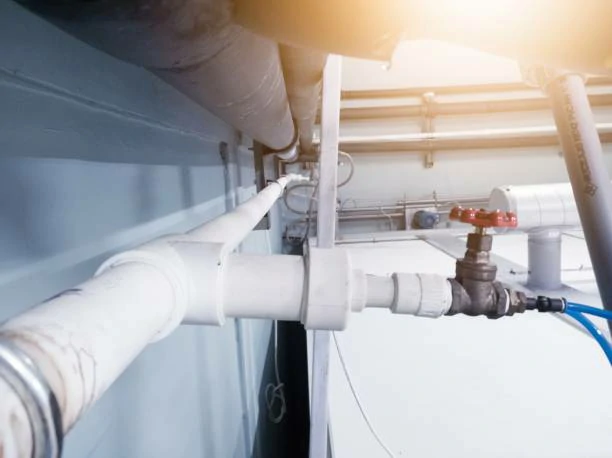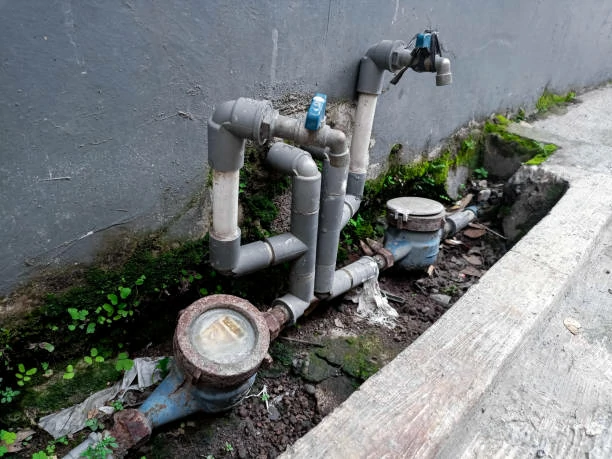Introduction
Valves play a crucial role in controlling the flow of fluids and gases in various industries and applications. Among the different types of valves available, brass ball valves stand out for their versatility, durability, and reliability. In this article, we’ll compare brass ball valves with other commonly used types to understand their unique features and advantages.
1. Brass Ball Valves
1.1 Structure and Operation: Brass ball valves consist of a hollow, perforated sphere (the ball) with a hole through its center, which aligns with the pipeline to allow fluid or gas flow when open and blocks flow when closed. They operate using a lever or handle to rotate the ball 90 degrees, controlling the flow with precision.
1.2 Advantages:
- Durability: Brass ball valves are highly durable and resistant to corrosion, making them suitable for a wide range of applications.
- Quick Operation: They offer fast and easy operation with simple quarter-turn handles, allowing for rapid flow control.
- Versatility: Brass ball valves are compatible with various media, including water, oil, gas, and chemicals, making them suitable for diverse industries.
2. Gate Valves
2.1 Structure and Operation: Gate valves feature a gate or wedge-shaped disc that moves perpendicular to the flow direction to control the flow. They are typically operated using a threaded stem or wheel handle to raise or lower the gate, opening or closing the valve.
2.2 Advantages:
- Full Flow: Gate valves provide a full unobstructed flow path when fully open, minimizing pressure drop and allowing for high flow rates.
- Tight Seal: They offer a tight sealing mechanism, effectively preventing leakage even under high-pressure conditions.
- Suitability for On/Off Applications: Gate valves are ideal for applications requiring infrequent operation and a tight shut-off, such as isolation valves.
3. Globe Valves
3.1 Structure and Operation: Globe valves feature a globe-shaped body with a movable disc or plug that regulates flow by moving up and down against the flow path. They operate using a handwheel or actuator to control the position of the disc.
3.2 Advantages:
- Precise Flow Control: Globe valves provide precise flow regulation and throttling capabilities, allowing for fine-tuning of flow rates.
- Good Shutoff: They offer reliable sealing properties, providing a tight shutoff and minimizing leakage when closed.
- Resistance to Erosion: Globe valves are resistant to erosion and wear, making them suitable for applications with high-velocity flow and abrasive media.
Conclusion
In summary, brass ball valves offer distinct advantages compared to other valve types such as gate valves and globe valves.
With durable construction and compatibility with various media, brass ball valves excel in reliable flow control. However, choosing the right valve type depends on factors like application needs, operating conditions, and budget. Understanding differences between brass ball valves and other types helps users make informed decisions to meet their needs effectively.
Contact
IFANPLUS is a specialized product series launched by IFAN, primarily covering plastic pipes, fittings, and various types of valves. We offer PPR and PVC pipes in German and American standards, ensuring the high quality and reliability of our products. IFANPLUS valve products include a variety of valves, from PPR valves to other diverse copper valves, catering to your specific requirements. Whatever product you need, IFANPLUS will be your reliable partner. Here is our contact information.
We will reply your email or fax within 24 hours.
You can call us at any time if there is any question on our production.
For more information,pls visit our webside https://www.ifanplus.com/
Pls Mailto: [email protected]






